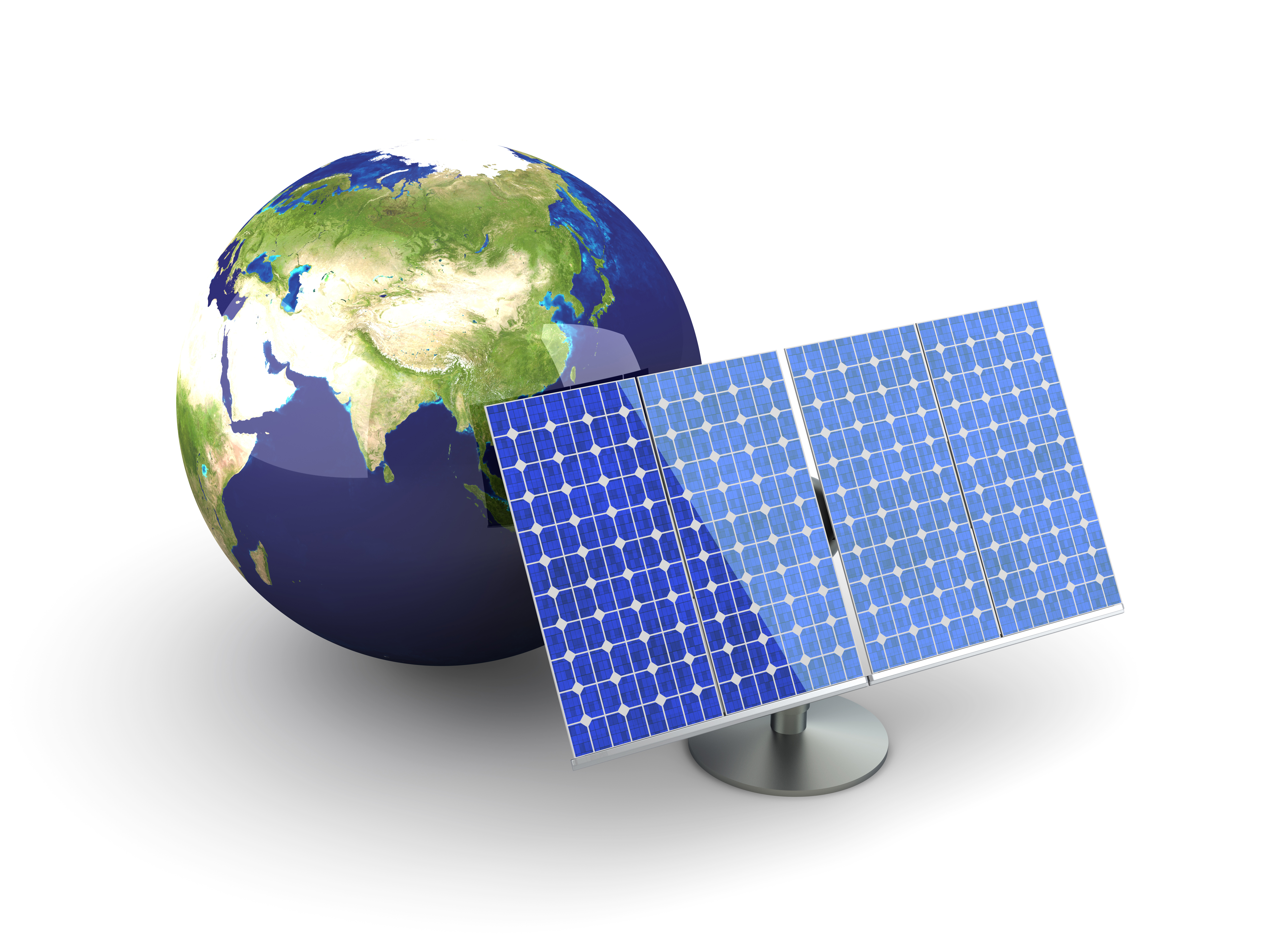
In 2012 the US introduced an anti dumping levy on Chinese solar imports to protect its manufacturers: now the same manufacturers are worrying that they will be excluded from the exploding Indian market if India brings in similar measures to protect its indigenous industry.
John Smirnow, Vice President of Trade & Competitiveness the national trade association for the US solar industry SEIA, recently testified before the House Subcommittee on Commerce, Manufacturing & Trade on behalf of the American workers and businesses in the US solar industry about India’s ‘restrictive and unfair trade practices.’ In the past few years, he says, American solar panel manufacturers have contracted to supply hundreds of millions of dollars of exports to India. Most of these are panels based on thin film technology, a leading-edge US technology with a global competitive advantage. At the same time, India’s solar policies have increasingly turned inward.
While local content requirements may provide some protection for domestic manufacturers, Smirnow told the committee, they also stifle innovation, limit a country’s access to new technologies, and increase costs - not to mention the fact that local content requirements are explicitly prohibited by global trade rules. “We believe that collaboration – not litigation – will best serve everyone’s interests.”













